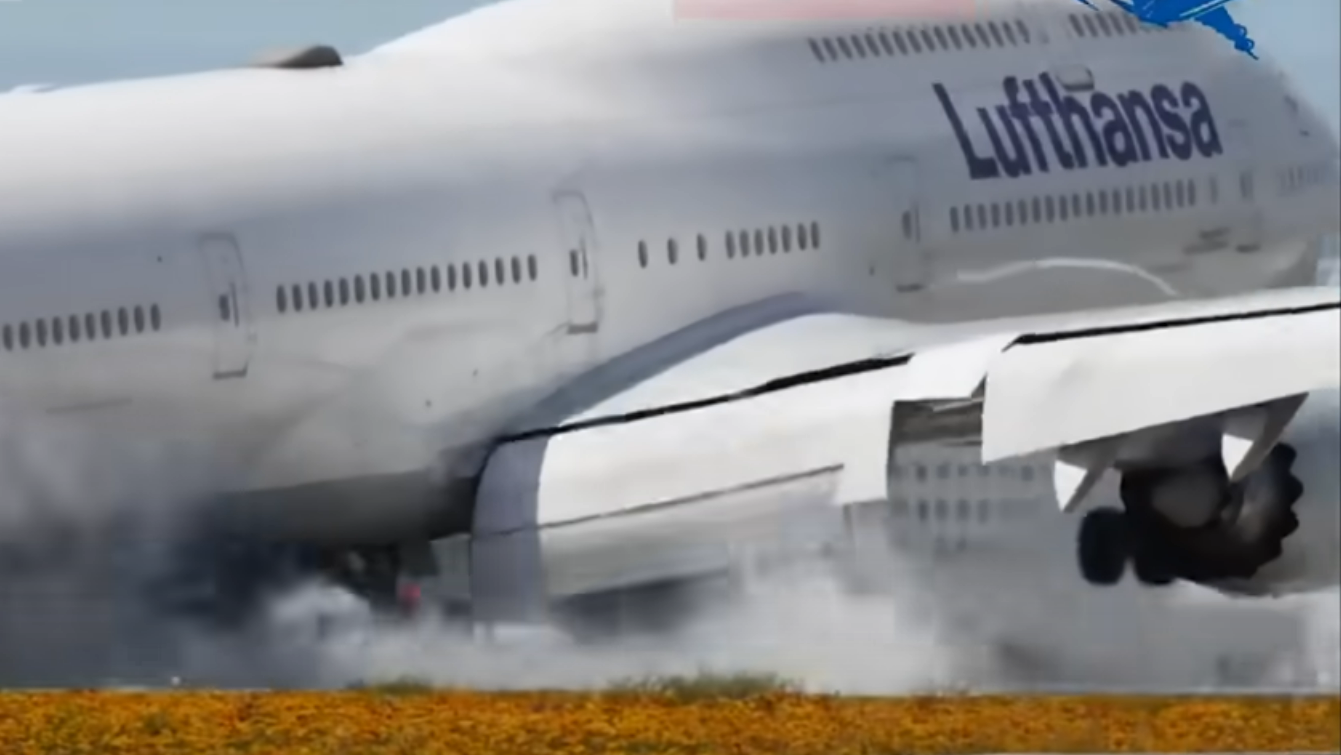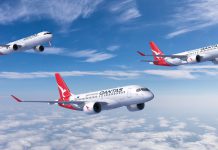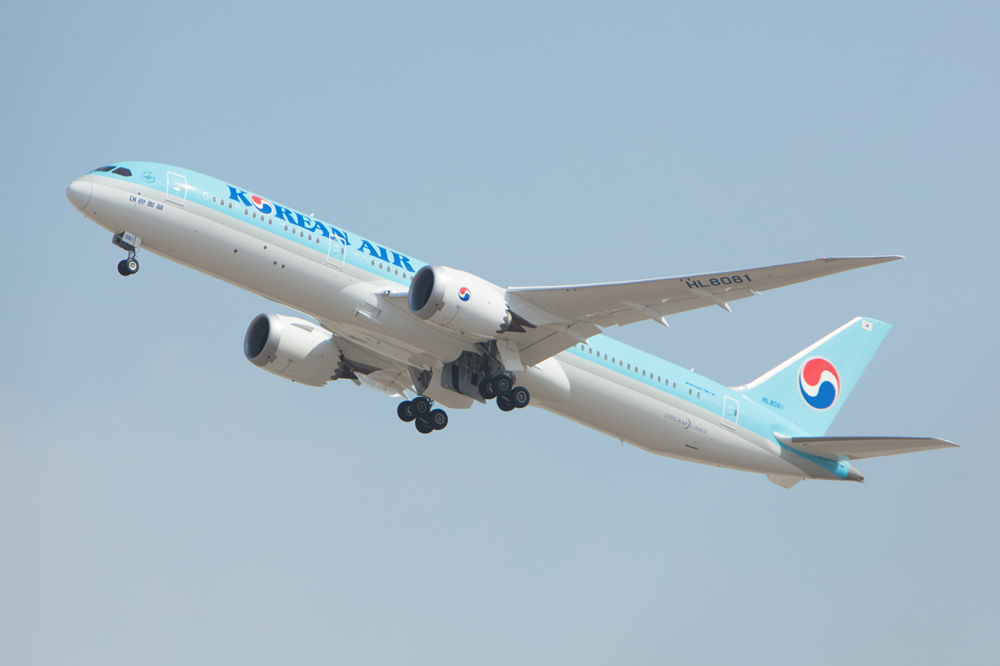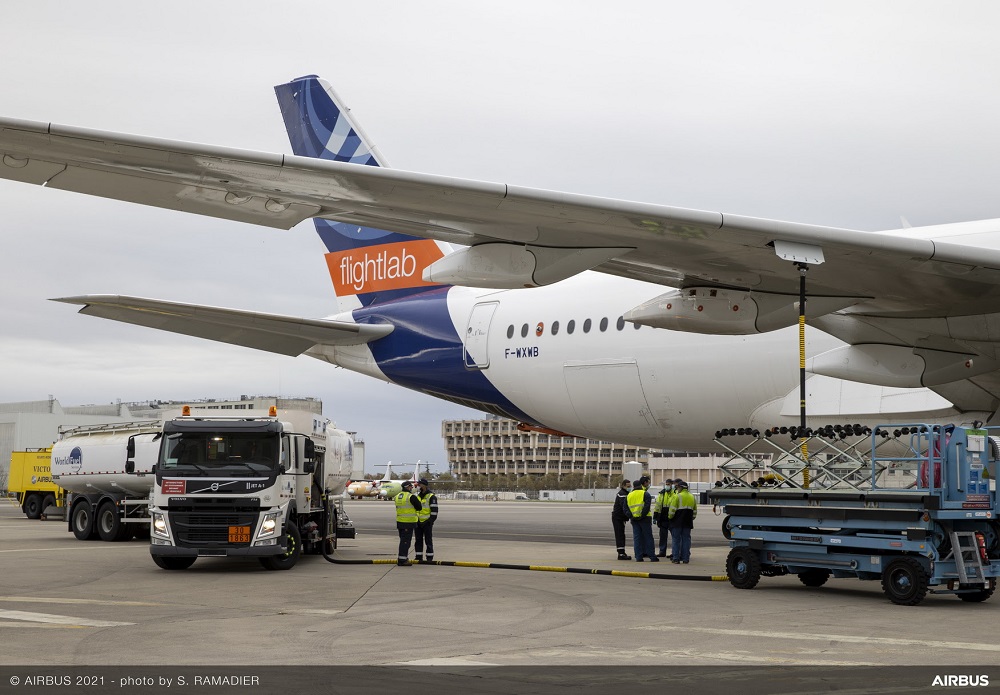Aircraft are certified to use biofuels in a 50 percent blend but a team of experts will use an Airbus A350 to find out exactly what happens when you move to 100 percent.
The world’s first inflight in-flight emissions study using 100 percent sustainable aviation fuel (SAF) on a widebody commercial jet involves experts from manufacturer Airbus, German research center DLR, engine-maker Rolls-Royce and SAF producer Neste.
They will look at how using pure alternative fuels affect the emissions and performance of an A350-900 powered by Rolls-Royce Trent XWB engines and hope the results will help the push to certify the commercial use of 100 percent SAF’s as part of efforts to decarbonize the industry.
The study, known as the Emission and Impact of Alternative Fuels (ECLIF3) project, will be carried out on the ground and in the air using SAF made using the hydroprocessed esters and fatty acids (HEFA) process.
READ: Last A380 takes off on maiden flight.
Airbus has started fuel-clearance engine tests in Toulouse to check the compatibility of the 100 percent fuel with the aircraft’s systems and flight emissions tests are due to start in April, resuming in the European autumn.
A DLR Falcon 20-E chase plane will carry out measurements to investigate the emissions impact of using SAF while ground tests measuring particulate matter will look at the impact on airports.
Both tests will compare emissions from the SAF with conventional kerosene.
“SAF is a vital part of Airbus’ ambition to decarbonize the aviation industry and we are working closely with a number of partners to ensure a sustainable future for air travel,” said Airbus new energy program manager Steven Le Moing.
“Aircraft can currently only operate using a maximum 50% blend of SAF and fossil kerosene; this exciting collaboration will not only provide insight into how gas-turbine engines function using 100 percent SAF with a view to certification but identify the potential emissions reductions and environmental benefits of using such fuels in flight on a commercial aircraft too.”
Experts have already been able to demonstrate a reduction in soot with SAF blends of up to 50 percent and hope the new project will show even bigger gains. Independently verified analysis of Neste SAF has shown use of the pure fuel produces an 80 percent reduction compared to fossil fuel when life-cycle emissions are taken into account.
Rolls-Royce product development and technology director Simon Burr noted gas turbines were expected to be used for long-distance travel for decades to come.
“SAF is essential to the decarbonization of that travel and we actively support the ramp-up of its availability to the aviation industry,’’ he said.
“This research is essential to support our commitment to understanding and enabling the use of 100 percent SAF as a low-emissions solution.”
























